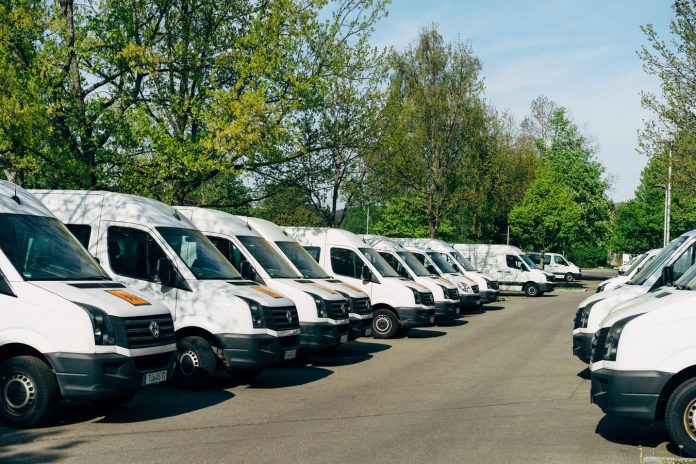A practical vehicle fleet management is defined by correct control, both logistical and financial, in search of the reduction of expenses and incidents. Expenses are the primary factor to consider. As you may already know, the budget costs should be assigned according to the types of maintenance that any vehicle may need, which also includes the fuel and the upkeep. You may want to look at cost-effective solutions such as PEAKHD.
These are the aspects that must be considered when establishing a correct control of fleet costs:
- Fuel consumption: Make sure that the units use the correct fuel, establish good driving habits, and use means of payment that facilitate the deduction of gasoline.
- Expiration and renewals: It has strict control of administrative procedures that, when expiring or not being renewed, generate expensive fines or penalties.
- Repair registry: This way, you can schedule periodic and timely services of the units so that delivery schedules are not affected, and repairs that could be more expensive are avoided.
- Record of service history per unit: In this way you will keep track of the conditions in which the vehicles are, to prevent them from falling into a cycle of constant and expensive repairs.
Unnecessary and incorrect maintenance.
The services offered by suppliers are not always what your fleet needs; Therefore, it is advisable to know what type of service you require. For this, you should consider the following aspects when carrying out correct preventive maintenance, thus avoiding unnecessary corrective maintenance:
- Mileage: It is pertinent to keep track of the mileage of the vehicles, which is related to the wear time of the vehicle. So you can know which units require preventive maintenance and which do not.
- Failures reported by users (drivers) and suppliers: It is essential to listen to what those who drive the vehicles tell you about their operation. They know the units and surely know how to detect their faults.
- Technical characteristics of each vehicle: Take into account the technology applied in each model, since it is necessary for proactive maintenance of the vehicle. This will avoid erroneous maintenance done by untrained personnel.
When you have a fleet, the vehicles will be everywhere. For safety and precautionary reasons, it is essential to know who is driving the vehicle, for how long, and where its destination is. In truth, companies can lose cars if adequate, clear, and precise control mechanisms are not implemented for anyone assigned to manage a unit. It is also recommended to develop control of expiration dates and renewals of these procedures, as well as assigning a single point of contact/person in charge of handling the documentation. You know well how important your vehicles are to your business. Therefore it is good to be on top of your rotations and your plans. This way you can avoid extra costs and keep your staff happy. Safety is paramount for your business, as is the delivery of goods and the use of your vehicles. With these tips, we hope that you can continue your successful work.



